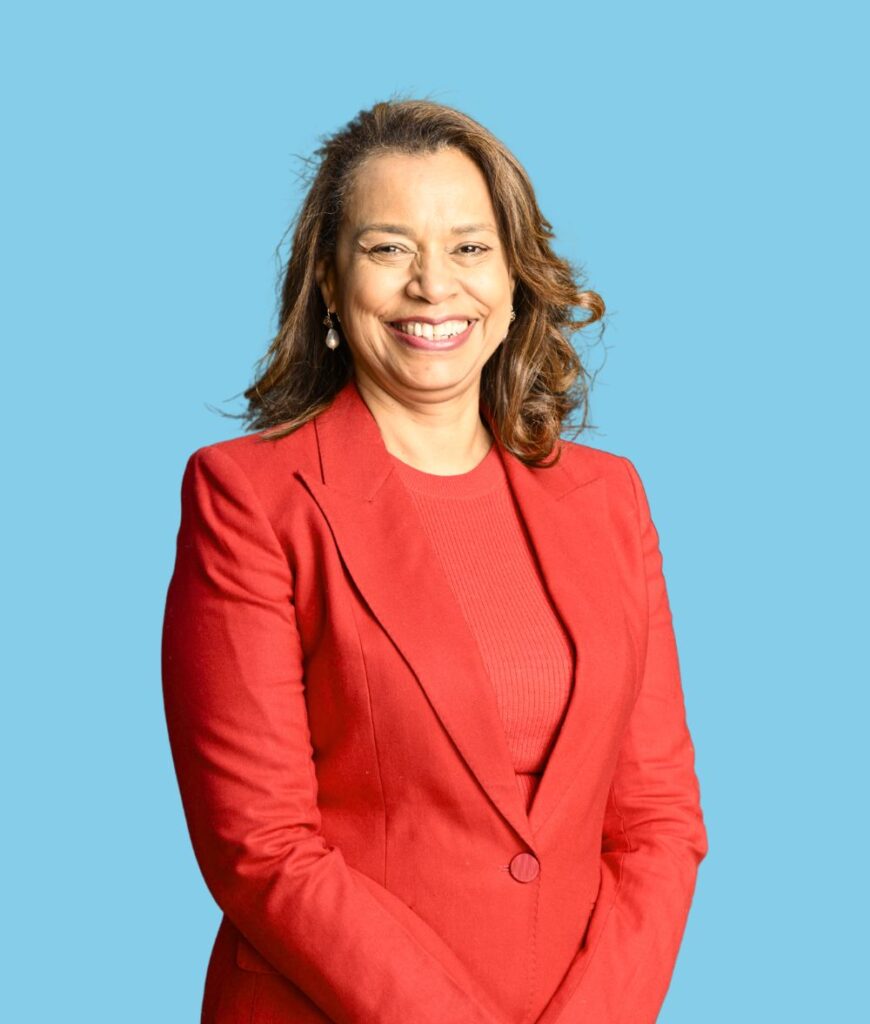Elayne Whyte Gómez
Elayne Whyte Gómez is a Senior Fellow at UNIDIR. She is a diplomat and academic, and currently a Professor of Practice at Johns Hopkins School of Advanced International Studies. In 2017, she was the President of the United Nations Conference that negotiated and adopted the Treaty on the Prohibition of Nuclear Weapons, which entered into force in 2021.
A diplomat and policymaker with special expertise in the fields of security, human rights, regional integration and global negotiations, she was the Vice-Minister of Foreign Affairs of Costa Rica and served as Ambassador and Permanent Representative of Costa Rica to the United Nations.
She has a longstanding history of navigating policy and legal negotiations at the national, Latin American and global levels. Her leadership roles within security and disarmament treaty-regimes, both regionally and globally, speak to her influence in shaping and implementing international agreements. Beyond her role as President of the United Nations conference to prohibit nuclear weapons, she has spearheaded numerous negotiations to address legal gaps and foster cooperation within the universal human rights framework and the global health agenda, particularly within the World Health Organization. She has also exercised leadership roles in several treaty regimes, such as the Arms Trade Treaty, the Cluster Munitions Convention and the Anti-Personal Landmines Convention.
Elayne was a Fellow on Harvard University’s Weatherhead Scholars Programme and within the Advanced Leadership Initiative. She has also served as Adjunct Professor in the International Law Department of the United Nations-mandated University for Peace, as well as in the School of International Relations of the National University of Costa Rica.
Beyond public service, she has served as the Executive Director of the Mesoamerica Integration and Development Project, which coordinates and delivers social and economic development projects across the Central American region, and as a senior consultant on regional integration, security, human rights, development and democratic governance for international organizations and academic institutions.
